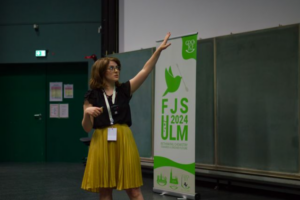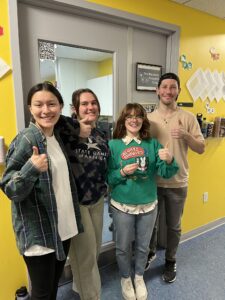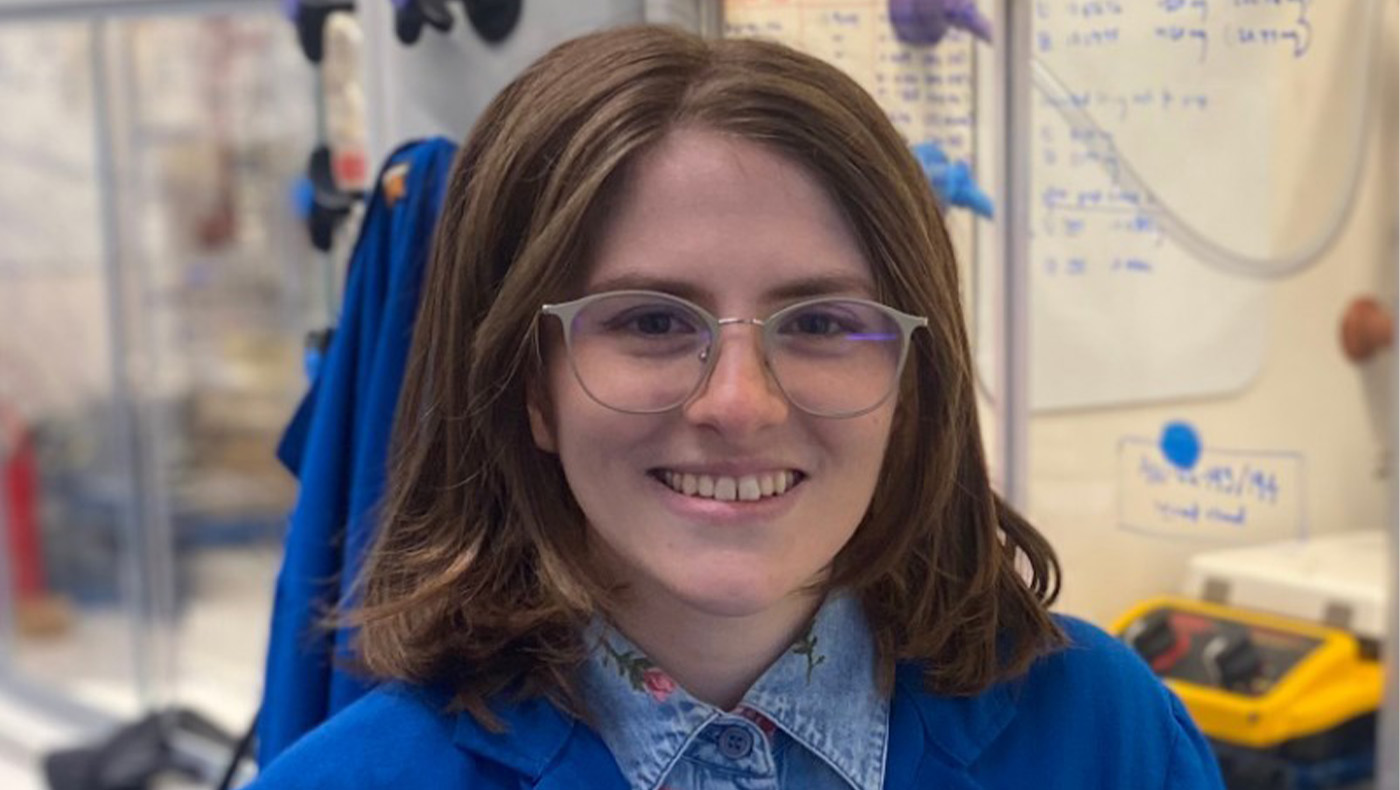The Robert M. Scarborough Award for Excellence in Medicinal Chemistry is a national award presented to two graduate students or postdoctoral researchers annually. Candidates must have “demonstrated a key role in and contribution to a research project with direct medicinal chemistry applications and relevance.”
This year, Northeastern’s very own Alicia Wagner was the recipient for the Robert M. Scarborough Award which will support her travels to Denver, Colorado to deliver an oral presentation on her work! Congratulations, Alicia.
(This article has been edited for brevity)

What’re you studying at Northeastern/how long have you been here for?
I am a PhD Candidate in the Department of Chemistry and Chemical Biology where I study Organic and Medicinal Chemistry. I have been here for four and half years so far (time flies!).
What is the title and focus of your research project?
The project I have been working on is titled: Identification and structural optimization of a core-independent carboxamide chemotype as novel P. falciparum inhibitors. Malaria is a hugely detrimental parasitic disease and resistance is building against our current frontline antimalarials. New drugs need to be found to continue combatting this disease. This work focuses on finding a new type of antimalarial inhibitor and making it a better drug candidate.
When did you start this project?
I started this project in earnest during Spring of 2021, so it has been ongoing for about three years now!
Have you had any mentors who supported you?
My biggest mentor is my advisor Dr. Roman Manetsch. He has provided unwavering support; he has always trusted my intuition and allowed me to explore my ideas with this project. At the same time, he has never given me the answers outright, but instead has pushed me to discover them myself (even if it meant failing at first). This has allowed me to grow immensely as a researcher and creative problem solver. I am so grateful for Roman’s continual support, I certainly wouldn’t be receiving this award without it.
My mentors are also my mentees! I am very lucky to work on this project with a number of younger researchers in the lab, including PhD Candidate Roger Trombley, my undergraduate students Maris Podgurski and Jacqueline Smith, and two recent PhD Students Ben Liebson and Mai Shaalan. I learn so much from our fantastic team and they inspire me continually. This project would not have progressed as far as it has without their efforts.
What does this award mean to you?
I am hugely honored to have received this award. It is a nice recognition of the work that I have put into my research over the past years. Being a Robert M. Scarborough awardee will open doors for me as I take the next steps in my academic and professional careers.
What are your next steps for this project?
We have gotten to a really exciting point in this project, but the work is never done! Our big next step is doing an in vivo efficacy study. Here we will see how effectively our compounds are able to clear a parasite infection within an infected animal. These studies are not very common to come out of an academic research project like this, so our team is absolutely thrilled. On the chemistry side, there are always more things to look at! The structural modifications that we are currently working on are meant to make the compounds more soluble (more easily dissolved in the body) and stable (able to remain in the body for long enough to effectively clear a parasite infection). I am still working on this project a little bit, but it is largely being handled by the next generation of chemists in the lab! PhD Candidate Roger Trombley has taken the lead for the work and I am really excited to see what he ends up doing over the next few years.

(Left to right: Maris Podgurski, Jacqueline (Jacki) Smith, Alicia Wagner and Roger Trombley)
Photos provided by Alicia Wagner

